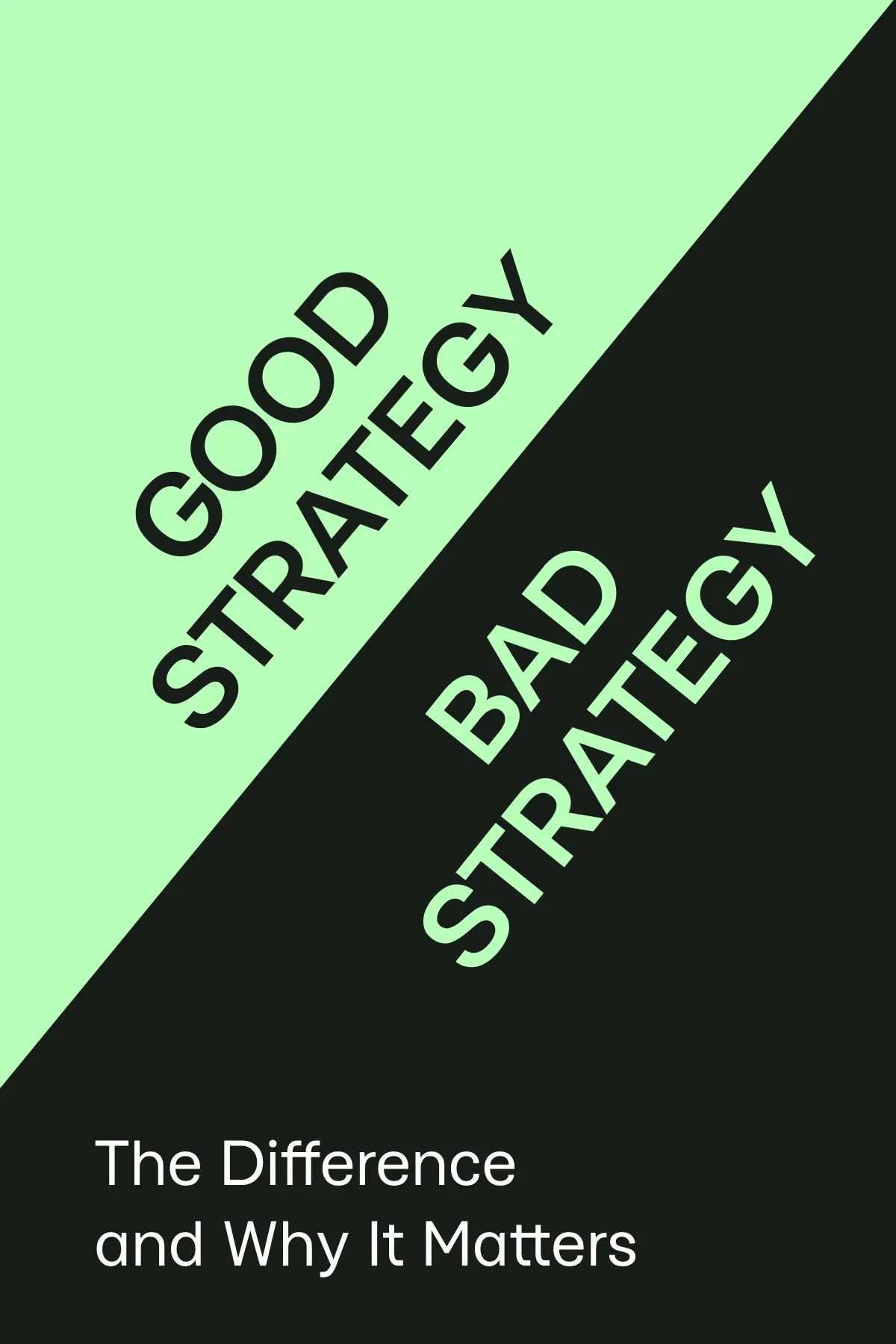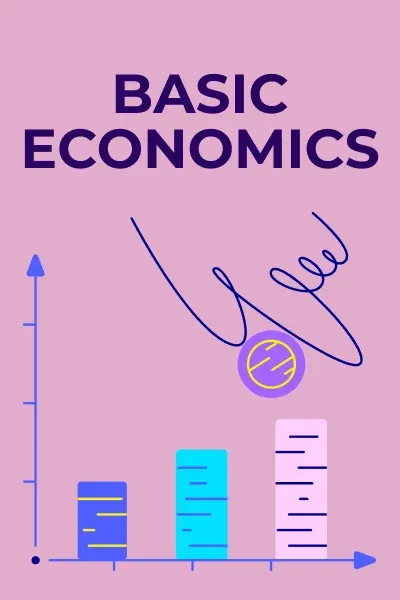
Zero to One
Brief Summary
“Zero to One”, written by Peter Thiel, is a groundbreaking guide to entrepreneurship that challenges conventional thinking. Thiel, a co-founder of PayPal and a successful investor, shares unique insights on innovation and building affluent startups. This book encourages aspiring entrepreneurs to dare to create something new and progressive.
Topics
Key points
Key idea 1 of 8
Ask yourself, “What important truth do very few people agree with you on?” While this question may seem simple at first glance, it proves intellectually challenging. Answering it is difficult, as you must express opinions you know to be unpopular. And that’s the thing – while brilliant thinking is rare, courage is even scarcer than genius. And “zero to one” is precisely about courage.
There are two types of progress: it can be either horizontal or vertical. Horizontal progress means copying what works, basically going from 1 to n. Globalization is a good example of such development. For example, China emulates developed world technologies. Vertical progress, on the contrary, is about creating new and improved ways of doing things. So, generally, it depicts the principles of technology. This is a zero-to-one approach. Both globalization and technology represent different modes of progress, and it's possible to have both, either or neither simultaneously.
Startups are vertical progress. These small groups with a shared mission drive new technology as they avoid the innovation challenges large organizations face. Staying small is crucial, as it allows the flexibility to rethink business practices and question established ideas.
In startups, you should never underestimate a power law. You are probably familiar with a lot of quotes from Albert Einstein. Many of them, however, are likely not his. While most sayings are forgotten, iconic figures like Einstein are continually quoted and attributed with enduring influence. This is what the power law means. A few companies in a given industry or sector tend to capture most of the market share and value. This distribution is not linear. It follows a power law, where a few exceptional companies achieve disproportionate success compared to the rest. That’s why venture capitalists seek to identify, fund, and profit from promising early-stage companies.
The power law isn't only relevant to investors but to everyone because everyone is an investor. Entrepreneurs invest their time in startups, making it crucial to consider the company's success. Similarly, individuals invest in their careers, believing that their work will be valuable in the long term.
So, try to question the beliefs people around you have and benefit from your courage and innovation orientation. Remember about the power law, and make sure your investment is fruitful.
FAQ
You may also like these summaries











